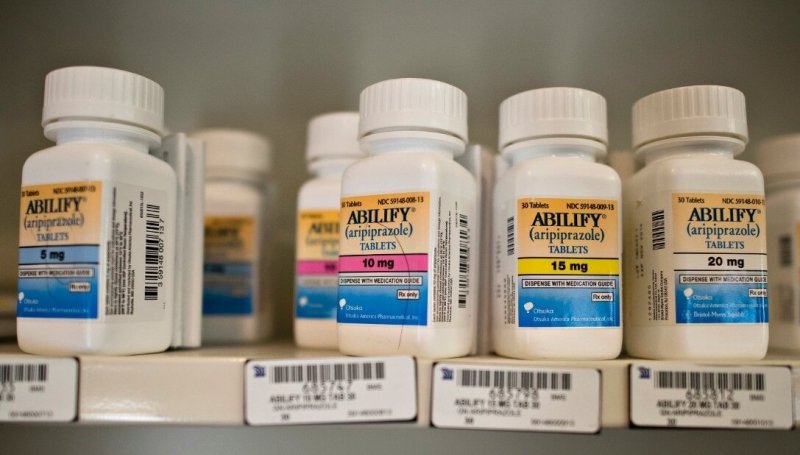It has been 11 years since the U.S. Food and Drug Administration (FDA) approved aripiprazole for children with autism. The drug, marketed as Abilify, initially had a reputation of having fewer side effects than risperidone, its only competitor in this population. But a decade’s worth of data suggest that is untrue. As with many antipsychotic medications, long-term use of aripiprazole can lead to tardive dyskinesia.
…
It might also be linked to heart problems in autistic children. And perhaps most concerning, aripiprazole appears to cause just as much weight gain as risperidone, compounding a problem many children with autism already have.
“The weight gain is not subtle,” says Eric London, director of autism treatment research at the New York State Institute for Basic Research in Developmental Disabilities. He says he has discontinued the drug’s use in 15 to 20 percent of the autistic people he treats, one or two of whom have gained more than 100 pounds.
…
Despite these concerns, some clinicians say that having aripiprazole as an option is better than nothing—at least until research suggests otherwise. “When you are in the clinic, you have people with real problems,” London says. “You can’t just throw your hands up and say, ‘Go home’.”































